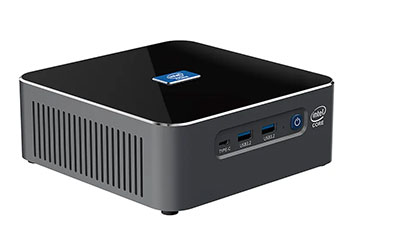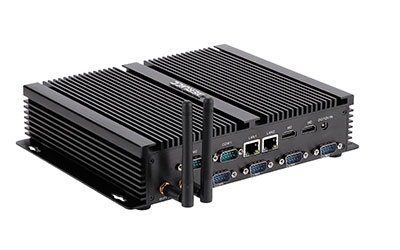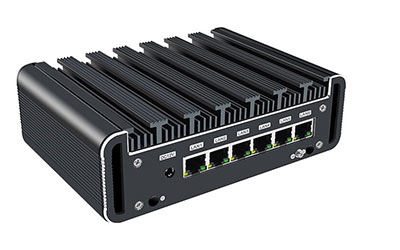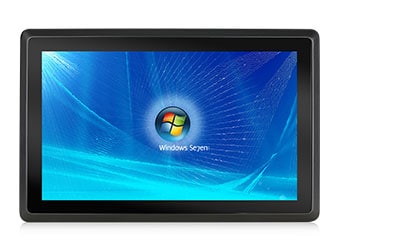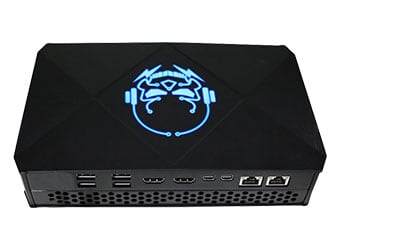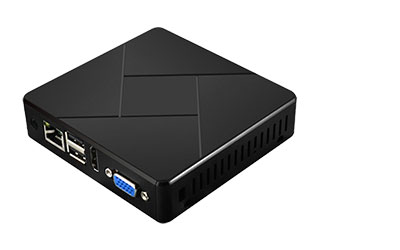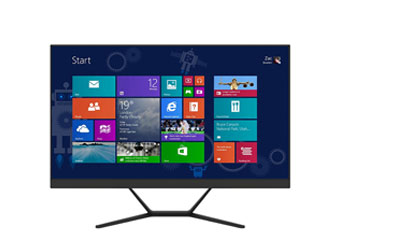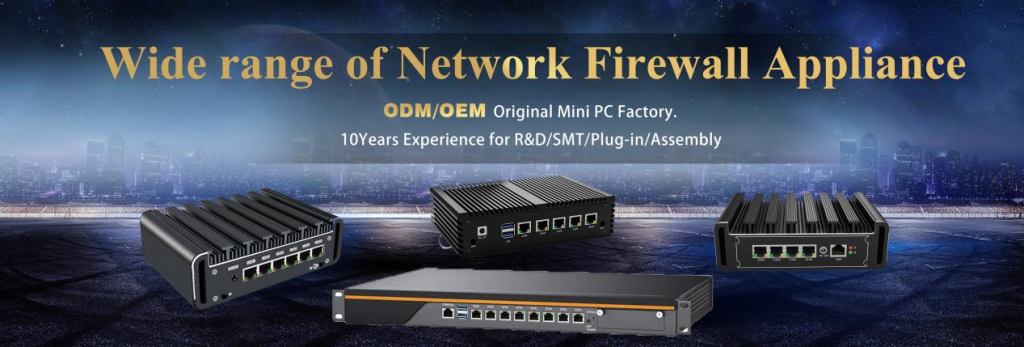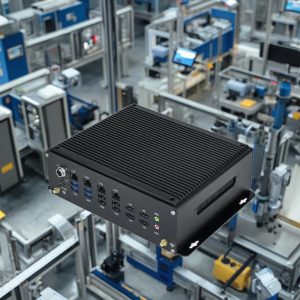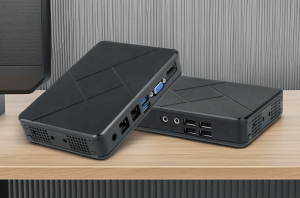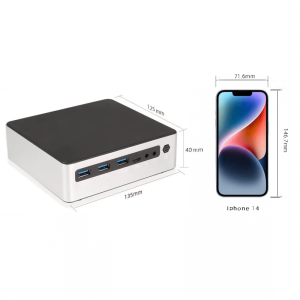Table of Contents
ToggleIn our daily lives, network security has become an important issue. Both individual users and enterprises need to protect their network environment to prevent data leakage or hacker attacks. The firewall is an important tool for our network security protection. Firewalls can be divided into two types: hardware firewalls and software firewalls, so what are the differences between them? This article will explore this in detail.
Basic concepts of firewall
A firewall refers to a protective barrier composed of software and hardware devices between the internal network and the external network and between the local area network and the external network. Just like setting up a wall, it can establish a security gateway between networks to protect the internal network from illegal users.
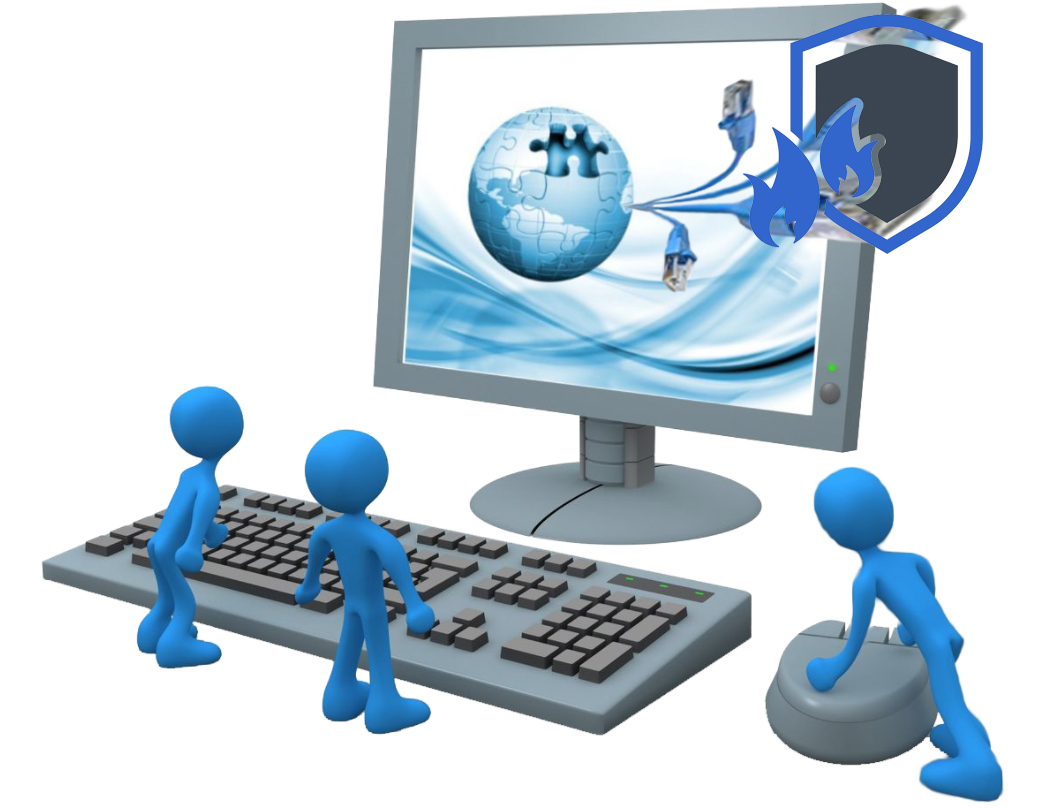
Why do businesses need firewalls?
Firewalls are the first line of defense to protect corporate networks from cyberattacks and malicious activity. It monitors and filters network traffic, blocks unauthorized access, and protects against a variety of network threats, including viruses, malware, Trojans, and other malicious code.
1. Firewalls help prevent unauthorized data access and leakage. By restricting access to sensitive data, firewalls protect a business’s confidential information, ensuring that company and customer data are properly protected.
2. Many industries and regulations require businesses to take specific cybersecurity measures to ensure data security and privacy. The use of firewalls helps businesses adhere to compliance standards and protect against potential legal liability and fines.
3. Firewalls can help maintain network stability and availability, preventing network outages and service interruptions. By reducing the impact of cyberattacks and malicious activity, firewalls help ensure business continuity and employee productivity.
4. Firewalls not only detect and block known network threats, they also analyze network traffic and detect potential security risks. This helps companies detect potential problems early and take appropriate steps to resolve them, thereby reducing potential damage.
5. As more businesses adopt a remote working model, firewalls have become even more important in securing communications between remote workers and the corporate network. It filters remote access and ensures that remote connections are secure and do not become entry points for network intrusions.
What is a software firewall?
A software firewall is a type of network security software installed on a computer or server. Its main task is to monitor, filter and control network traffic to protect the system from potential network threats and attacks. Unlike hardware firewalls, software firewalls are a software-based solution that relies on the computer’s operating system and software environment.
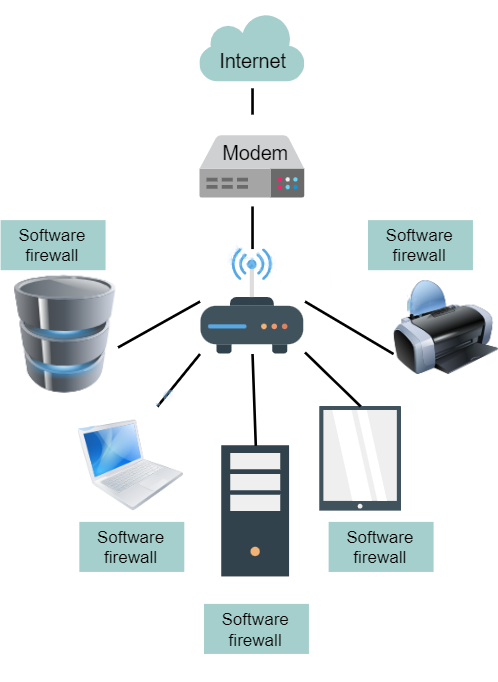
Functions and features
1. Network traffic monitoring: Software firewalls can monitor data traffic between computer systems and networks, analyzing the source, destination and content of data packets.
2. Traffic filtering: Based on a predefined set of rules, software firewalls can filter network traffic, blocking or allowing specific types of packets to pass. This helps prevent unauthorized access and mitigate the impact of cyber attacks.
3. User behavior detection: Software firewalls can detect and identify unusual patterns in user behavior, such as multiple failed login attempts or unusual data transfers, alerting administrators to potential security risks.
4. Security policy settings: Administrators can tailor the software firewall’s security policies to the needs of the organization, including allowing or blocking access to specific applications, services, or ports.
5. Remote installation and management: Software firewalls can be easily installed remotely on multiple computers and can be centrally managed through a central management system, improving flexibility and convenience.
6. Compliance support: For businesses that need to adhere to specific compliance standards, software firewalls can provide functionality and reporting to ensure compliance with regulations and standards.
7. Real-time updates and upgrades: Software firewalls can be updated and upgraded in real-time to adapt to new threats and vulnerabilities, ensuring that the system always has the latest security.
Advantage
Software firewalls offer several advantages over hardware firewalls that make them the preferred solution for many businesses.
Lower cost: The initial installation cost of a software firewall is usually lower because it does not involve purchasing a physical hardware device. Free trials and low monthly fees make it easy for small businesses and SMBs to get effective cybersecurity protection.
Less Space Constraints: Since a software firewall is software-based, it does not require physical space, a dedicated temperature-controlled environment and large amounts of electricity. This makes deployment easier in environments with space constraints.
Easy to install: Software firewalls typically have user-friendly interfaces, making setup and maintenance relatively simple. In contrast, hardware firewalls may require skilled technical personnel to set up and manage.
Professional and Enterprise Licensing: With an enterprise-grade software firewall, enterprises can obtain multi-user licenses and integrate with a variety of third-party security solutions to provide more comprehensive security.
Regular Updates: Updates to software firewalls can often be accomplished with the simple click of a button, without the need for physical presence. This helps ensure your system always has the latest security and functionality.
Security monitoring: Software firewalls combined with existing security solutions can monitor inbound and outbound traffic to detect and prevent potential threats in a timely manner.
Flexibility: Software firewalls can be configured to apply security policies flexibly or strictly as needed, and can be easily adjusted to meet changes in security needs.
Tailor-made: Because a software firewall is installed on an individual device, it is easier to remove or update. It can also move with the device wherever it goes, unlike hardware firewalls which require the device to connect through specific hardware.

Brand for Software Firewall
Windows Defender Firewall
ZoneAlarm
Comodo Firewall
Norton Firewall
McAfee Personal Firewall
360 Total Security
Tencent PC Manager
Rising Antivirus
Kingsoft Internet Security
These software firewall cases highlight their role in providing cybersecurity protection for individual users and small businesses. They provide users with flexibility and ease of use by detecting and blocking malicious code, controlling application access, and more. While software firewalls may have some limitations in handling large-scale networks and high traffic relative to hardware firewalls, they can still be an affordable and effective option for individuals and small organizations.
What is a hardware firewall?
A hardware firewall is a physical device that sits between a network and a device and is used to monitor, filter, and control network traffic to protect the network from potential threats and attacks. Hardware firewalls are usually placed at the edge of the network and serve as the first line of defense for network entrances.
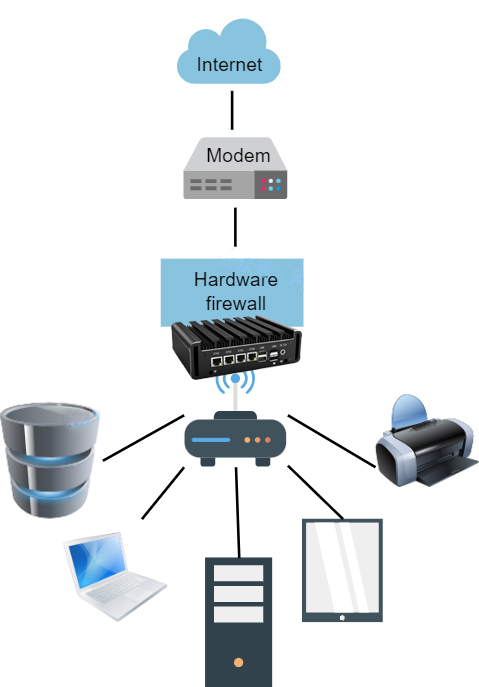
Functions and features
Location: Hardware firewalls are typically installed at the edge of a network, such as on a router or switch, to monitor traffic entering and leaving the network.
Physical device: Unlike a software firewall, a hardware firewall is a separate physical device, like firewall mini pc,usually built with specialized hardware and capable of powerful processing capabilities.
Traffic inspection and analysis: Hardware firewalls allow traffic to pass through and scrutinize and analyze it. It can decide whether to allow certain types of packets to pass based on a predefined set of rules.
Network Threat Protection: The main task of a hardware firewall is to prevent unauthorized access and network threats. It identifies and blocks viruses, malware, Trojans and other threats.
Network Address Translation (NAT): Hardware firewalls usually support network address translation, hiding the true structure of the internal network and improving network security.
High performance: Due to the use of specialized hardware, hardware firewalls pc are typically high-performance and able to handle large-scale network traffic without affecting overall performance.
Operating System Independent: Hardware firewalls pc typically run independently of the host computer’s operating system, making them more difficult to attack by malware.
Network management: Hardware firewalls pc can be configured and managed through the network management interface, providing administrators with comprehensive control over network security.
Suitable for large-scale network environments: Due to its high performance and dedicated hardware support, hardware firewalls pc are generally suitable for large enterprises and large-scale network environments.
Brand for hardware firewall
Cisco ASA (Adaptive Security Appliance)
Fortinet FortiGate
Palo Alto Networks Next-Generation Firewall
Juniper Networks SRX Series
Check Point Security Gateway
Huawei Firewall
These hardware firewall cases demonstrate their capabilities in providing comprehensive network security solutions. Not only do they protect networks from threats, they also provide additional security features and customization options to meet the specific needs of different organizations.
Hardware firewall vs software firewall
Differences in implementation
At the most basic level, hardware firewalls are physical units, while software firewalls run from within the computer through applications. Hardware firewall embeds the “software firewall” into the hardware and adds the “firewall program” into the chip. The hardware performs these functions, thereby reducing the CPU burden on the computer or server. Software firewalls are generally developed based on a certain operating system platform, and the software is installed and configured directly on the computer.
The difference in initial costs
Software firewalls are relatively inexpensive when first purchased. Some offer free trials, after which you can get a relatively low monthly fee. However, the subscription fee may be more expensive in the long run than what you would pay for a hardware solution.
Differences in installation and space requirements
If space is an issue, software may be a better choice since applications don’t take up physical space. Many software firewalls only require a few clicks to get up and running, whereas hardware firewalls require wires to be connected, and power to be connected and in place.
The difference between network protection
Software firewall protection also has limitations. They must be installed on every computer in the network. When it’s time to update your protection, if any of the devices are not ready to receive the update, a manual update must be performed. A hardware firewall can serve as a server gatekeeper and anti-virus solution. It sits directly on the backend of the router and can be configured to analyze incoming traffic and filter out specific threats when the traffic touches the device.
Performance difference
Hardware firewalls generally have higher performance because they are devices specifically designed to handle network traffic. Hardware firewalls usually have greater processing power than software firewalls because their hardware resources (such as CPU, memory, etc.) are dedicated to processing network traffic. Software firewalls, on the other hand, need to share hardware resources with other applications on the computer.
The difference in stability
Hardware firewalls are generally more stable because they are not affected by the operating system and other applications. If the operating system crashes or an application has issues, a hardware firewall can still work. Software firewalls may be affected by the operating system and other applications. If there is a problem with the operating system or other applications, the software firewall may not work properly.
Functional difference
There are also some functional differences between hardware firewalls and software firewalls. Hardware firewalls usually have more advanced features, such as VPN support, intrusion detection and prevention systems (IDS/IPS), content filtering, etc. The functions of software firewalls are usually relatively basic, mainly providing basic firewall functions, such as port filtering, IP filtering, etc.

Summarize
In general, hardware firewalls and software firewalls each have unique advantages and applicable scenarios. Hardware firewalls play a key role in large enterprises and complex network environments through their powerful performance and dedicated hardware support. It provides advanced security to the network, effectively blocking various cyber threats and attacks. However, its high cost, deployment complexity, and relatively rigid configuration can become a challenge in some situations.
In contrast, software firewalls provide practical network security protection for small businesses and individual users through their low cost, ease of configuration, and flexibility. Software firewalls are suitable for relatively simple network environments and effectively defend against common network threats by monitoring application behavior and network traffic. However, software firewalls may suffer from performance limitations when dealing with heavy traffic and advanced threats.
Choosing a hardware or software firewall depends on your organization’s specific needs and network environment. In practical applications, many enterprises will adopt a hybrid security strategy, combining hardware and software firewalls to obtain more comprehensive and multi-level network security protection. No matter which solution you choose, regular updates and maintenance are required to ensure that the network remains in a secure state.
JIERUICC is a leading hardware firewall PC manufacturer with many years of rich experience.
Our product line spans a range of firewall solutions, including Firewall Appliances, Firewall Mini PCs, Network Firewall Devices, Desktop Firewall Appliances, 9-inch Firewalls, 13-inch Firewalls, 19-inch Firewalls, 1U Firewall Appliances, and 2U Firewall Appliances. Our priority is ensuring top-notch security, offering robust protection for your network infrastructure.

